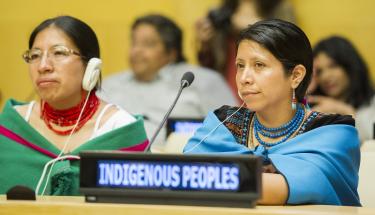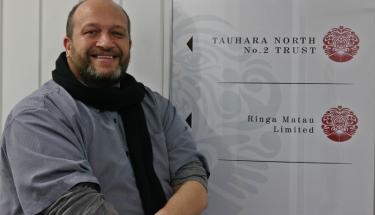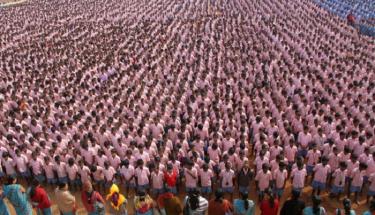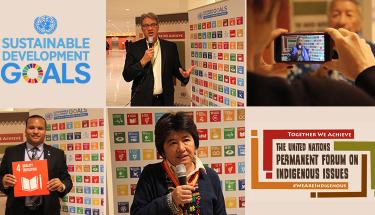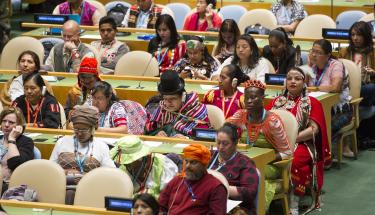- United Nations Social Development Network
- Thematic Areas
- Thematic Areas
Disabilities, Indigenous Peoples, Women, Youth
| Disabilities, Indigenous Peoples, Women, Youth
A record 130 million people around the world are in need of humanitarian assistance to survive. Grouped together, these people in need would comprise the tenth most populous nation on Earth.
To draw attention to humanitarian needs worldwide and…
| Disabilities, Indigenous Peoples, Women, Youth
A record 130 million people around the world are in need of humanitarian assistance to survive. Grouped together, these people in need would comprise the tenth most populous nation on Earth.
To draw attention to humanitarian needs worldwide and…
| Disabilities, Indigenous Peoples, Women, Youth
A record 130 million people around the world are in need of humanitarian assistance to survive. Grouped together, these people in need would comprise the tenth most populous nation on Earth.
To draw attention to humanitarian needs worldwide and…
| Indigenous Peoples, Youth
Giving indigenous peoples rights and control over their education is crucial for the 2030 Agenda for Sustainable Development and “leaving no one behind.” Indigenous Peoples’ Right to Education, particularly for indigenous youth, were the focus of…
| Indigenous Peoples, Youth
Giving indigenous peoples rights and control over their education is crucial for the 2030 Agenda for Sustainable Development and “leaving no one behind.” Indigenous Peoples’ Right to Education, particularly for indigenous youth, were the focus of…
| Indigenous Peoples, Poverty Eradication
New Zealand History: Righting the Wrongs
The nation of New Zealand was founded in 1840 when the Treaty of Waitangi was signed by indigenous Maori tribes and the British Government. New Zealand is rich in opportunity for development of natural…
| Indigenous Peoples, Poverty Eradication, Youth
An Innovation for Social Inclusion
Kalinga Institute of Social Sciences (KISS) is a residential institute founded by Dr. Achyuta Samanta for 25,000 neglected and deprived indigenous children located at Bhubaneswar, Odisha, India. As a model…
| Indigenous Peoples, Poverty Eradication, Youth
An Innovation for Social Inclusion
Kalinga Institute of Social Sciences (KISS) is a residential institute founded by Dr. Achyuta Samanta for 25,000 neglected and deprived indigenous children located at Bhubaneswar, Odisha, India. As a model…
| Indigenous Peoples, Poverty Eradication, Youth
An Innovation for Social Inclusion
Kalinga Institute of Social Sciences (KISS) is a residential institute founded by Dr. Achyuta Samanta for 25,000 neglected and deprived indigenous children located at Bhubaneswar, Odisha, India. As a model…
| Indigenous Peoples, Poverty Eradication
New Zealand History: Righting the Wrongs
The nation of New Zealand was founded in 1840 when the Treaty of Waitangi was signed by indigenous Maori tribes and the British Government. New Zealand is rich in opportunity for development of natural…
| Indigenous Peoples
Indigenous peoples make up 5 per cent of the world’s population, but 15 per cent of the poorest. They lag behind on almost every social and economic indicator and continue to face persistent marginalisation. As a broad and universal policy agenda…
| Indigenous Peoples
Implementing the United Nations Declaration on the Rights of Indigenous People (UNDRIP) was a challenge that civil society groups sought to immediately resolve after the adoption of the Declaration by the General Assembly in 2007. Indigenous groups…
 Welcome to the United Nations
Welcome to the United Nations

